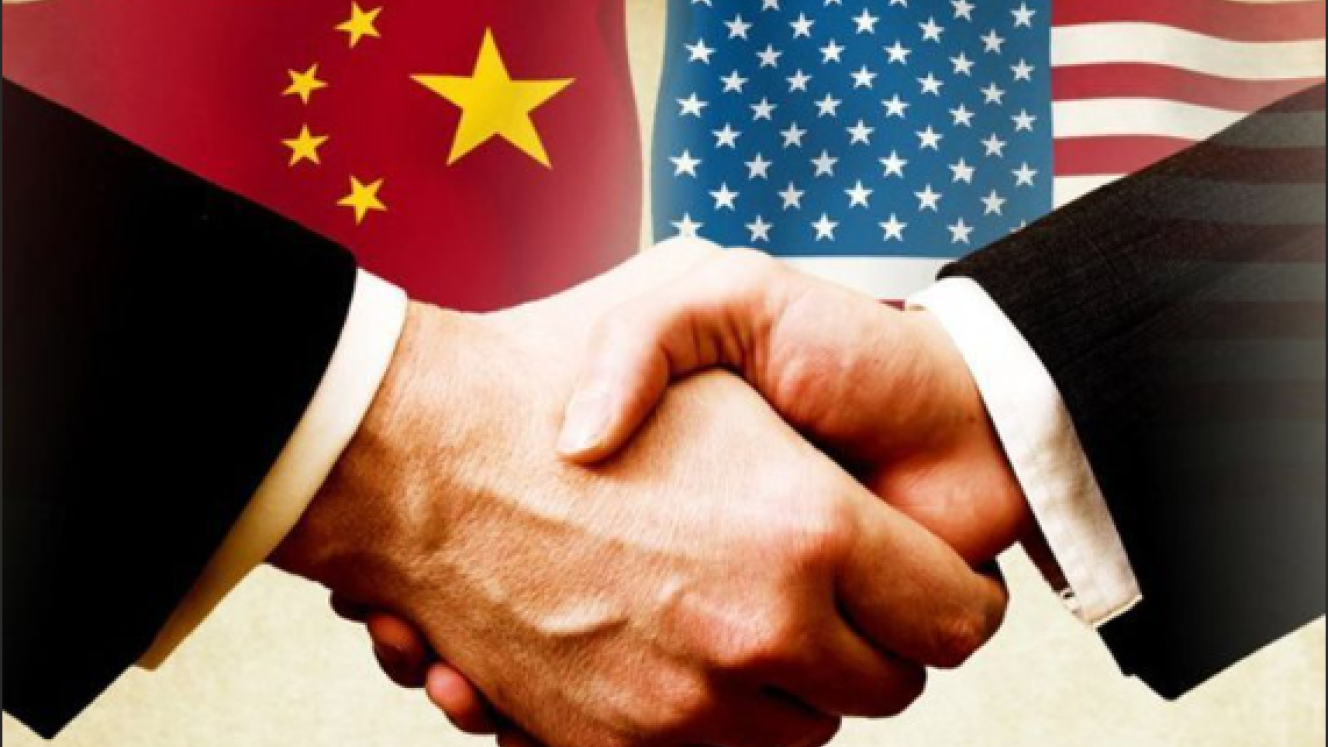Faced by a further $200bn in tariffs on goods exported to the States if it failed to go on bended knee before US President Donald Trump’s implacability, Chinese rapprochement seems to have paved the way for appeasement with its biggest trade partner.
Following three-day talks in Beijing, China’s commerce ministry indicated that much good had come out of the negotiations.
One of the most important impediments the US has cited since trade relations with China started breaking down, intellectual property rights, appear to have finally been agreed to.
It remains uncertain though whether it means American businesses operating in China will no longer be subjected to forced technology transfers, previously a precondition for US interests operating in China.
It has also been reported that China has relaxed tariffs on US-made cars and ordered its state refineries to buy American oil.
Allowances for US beef exports are also on the cards and China started importing soya beans from Iowa and surrounding legume-cultivating states when negotiations in Beijing were still under way.
Last year Trump had to bail out farmers in America’s bean belt after China cancelled millions of bulk soya imports in a move that was designed to punish America for Trump’s tariffs.
Not all is hunky dory though.
Trump has made it clear that a March 2 deadline remains in place.
Should China not agree to substantial reforms, particularly with regard to imposing its will on industrial and technological intelligence, the US could still institute crippling tariffs on some $200bn of Chinese goods.
-Eugene Goddard













